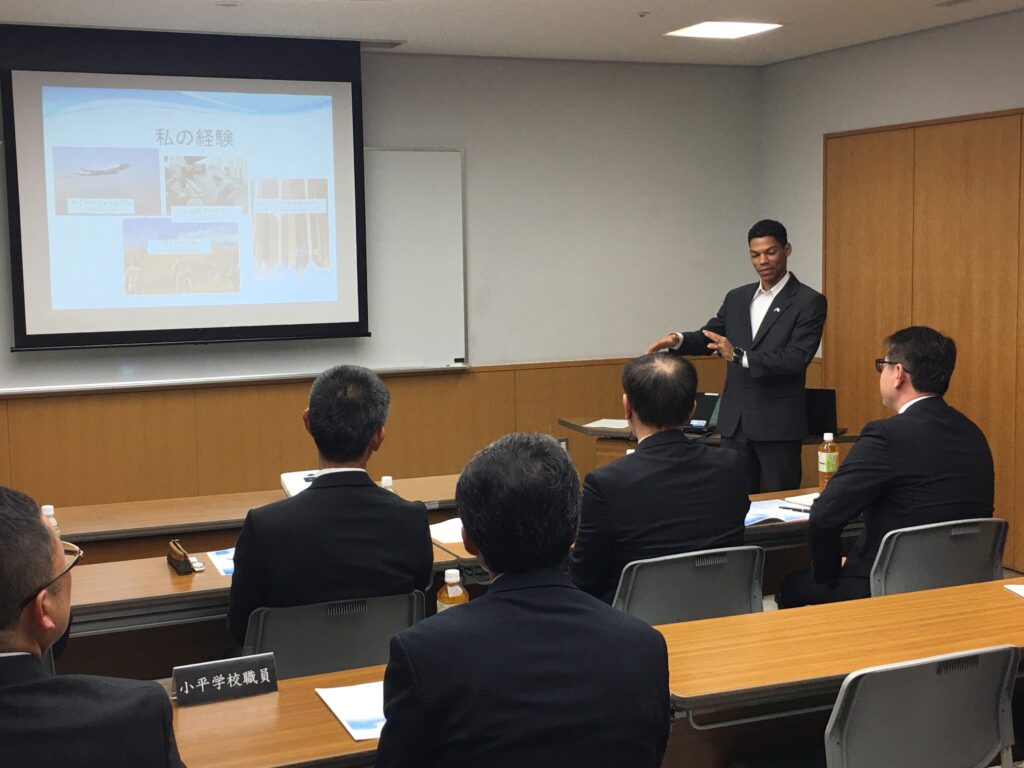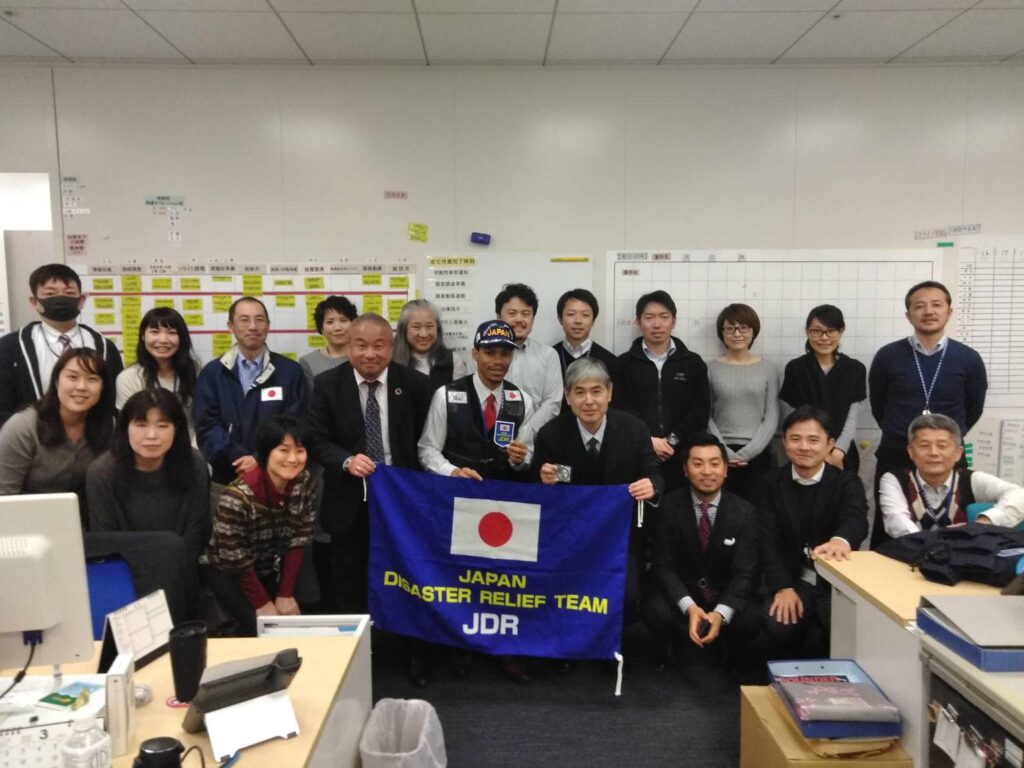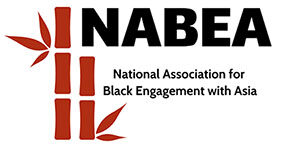
To understand why I joined the National Association for Black Engagement with Asia, I will start with what sparked my interest in Asia in general.
I grew up in Houston Texas in a southwestern part of town, called Bellaire. Houston residents know that this is not only where Chinatown is, it’s also home to a variety of Asian cuisine and demography. One of the perks of living in this area and Houston in general is the strong sense of diversity. Over time, hanging out with some of the Asian families led me to realize that Blacks and Asians aren’t so different in the struggle with communication, persecution and rich history.
I went to college at the University of Houston and picked up Japanese classes because I wanted to try something challenging and different from those who learned Spanish as a standard in Texas. I had no idea at the time that as an Air Force Reserve Officer Training Corps (AFROTC) graduate, my first assignment as a military officer would be Tokyo in 2012 (one year after the Great East Earthquake). I worked there for three and a half years overall, but over two years something astonished me. Although our workforce was approximately 50% Japanese government employees, the military tended to work separately, eat separately, use separate bathrooms and more. This was all despite the fact that we all had the same mission. As a military officer…and as a Black man, it looked an awful lot like segregation. Yes there were language and age barriers, but I noticed military personnel did not try to share or learn cultural insights and talents from these Japanese workers that had been there longer than half had been alive. This fueled my interest in US-Japan relations as a whole. I was curious if we really do work together… or do we work “separately, but equally”?

In 2019, I was selected to be a Mansfield Fellow to study Japan’s government and private disaster management capabilities. I had the honor of being embedded in the National Police Agency, Fire and Disaster Management Agency, The Ministry of Defense, and other private entities. Afterward, I was sent to my current location in Korea for a year and I will return to Japan as a Foreign Area Officer working with the Japan Air Self Defense Force.
Why NABEA?
When I went to meetings with senior Japanese and American officials, the majority of US representatives were White males. I wasn’t aware that an organization like this existed where people like me shared their professional interest in Asia. I hope to learn more from NABEA. Thanks!
More facts about me:
- I’m 30 years old with 8 years of military service.. 5.5 of which have been in Asia.
- Wife: Maki is Japanese (30)
- Son: Jayden (3)
- Son: Sky (1)
~~~~~~~~~~~~~~~~~~~~~~~~~~~~~~~~~~~~~~~~~~~~~~~~~~~~~~~~~~~~~~~~
If you identify as Black American or African-American, join our Slack community to connect with other Black Asia experts by filling out our Slack sign-up form! Also, fill out the Database sign-up form to be added to NABEA’s Database, a publicly accessible resource for institutions to find Black Americans across academia, government, and private sector industries who specialize in the Indo-Pacific.
If you do not identify as Black American, sign up for the listserv to receive newsletters and stay up-to-date on NABEA’s activities and programming. Also, please spread awareness by sending this information to any Black American, Asia specialists in your network.
